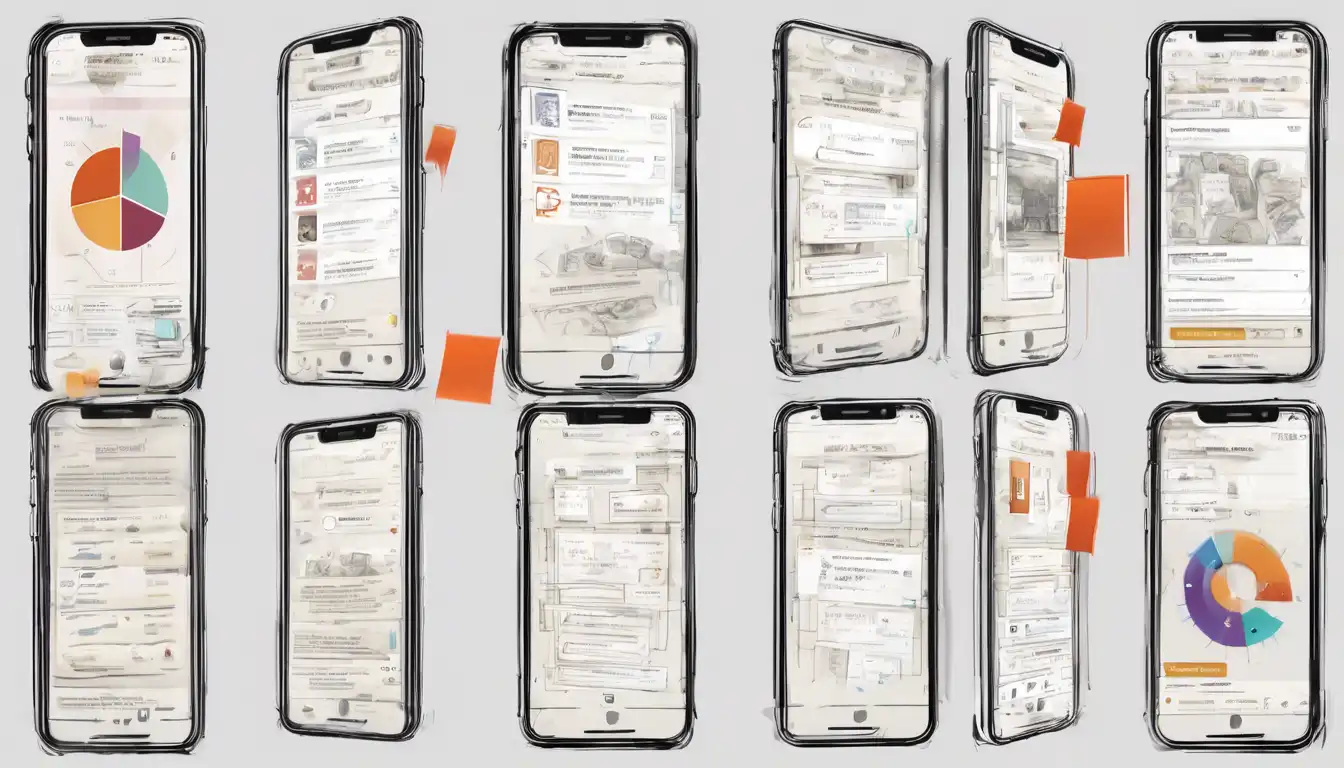Introduction to Mobile App Success
In today's digital age, building a successful mobile app requires more than just a great idea. It involves meticulous planning, understanding your audience, and executing a strategy that covers development, marketing, and continuous improvement. This guide will walk you through the essential steps to create a mobile app that stands out in the competitive app market.
Understanding Your Market
Before diving into development, it's crucial to conduct thorough market research. Identify your target audience, understand their needs, and analyze your competitors. This step ensures your app fills a gap in the market or offers a better solution than existing apps.
Planning Your App
With a clear understanding of your market, the next step is to plan your app's features, design, and user experience. Create a detailed roadmap that outlines your app's functionality, design elements, and the technology stack you'll use. Remember, simplicity and usability are key to retaining users.
Designing for User Experience
A successful app is not just about functionality; it's also about providing an exceptional user experience. Focus on intuitive navigation, appealing visuals, and seamless interactions. Consider hiring a professional designer to ensure your app is both beautiful and easy to use.
Development Phase
Choose the right development approach based on your app's requirements. Whether you opt for native, hybrid, or web app development, ensure your team has the necessary skills or consider partnering with a reputable development firm. Testing is also a critical part of this phase to iron out any bugs before launch.
Marketing Your App
A great app won't succeed if no one knows about it. Develop a comprehensive marketing strategy that includes app store optimization (ASO), social media marketing, and influencer partnerships. Building a website or landing page for your app can also help in driving downloads.
Launching and Gathering Feedback
Launch your app with a bang by organizing a launch event or offering promotional deals. After launch, actively seek user feedback to understand what works and what doesn't. This feedback is invaluable for making necessary adjustments and updates.
Continuous Improvement
The app market is constantly evolving, and so should your app. Regularly update your app with new features, improvements, and security updates to keep your users engaged and satisfied. Monitoring your app's performance through analytics tools can help identify areas for improvement.
Conclusion
Building a successful mobile app is a journey that requires dedication, creativity, and strategic planning. By following these steps and continuously adapting to user needs and market trends, you can create an app that not only meets but exceeds user expectations. Remember, success doesn't happen overnight, but with persistence and the right approach, your app can achieve great heights.
